Contingencies & Inspections
Understanding Contingencies: Your Safety Net
Contingencies are protective conditions built into your purchase contract—safeguards that allow you to back out without penalty if specific requirements aren’t met. Your Buyer’s Agent helps you set appropriate contingencies in your offer to protect your interests while remaining competitive in the market.
The three standard contingencies are Inspection, Appraisal, and Loan. Each comes with specific deadlines and serves a critical role in ensuring you’re making a sound investment.

Loan Contingency
A loan contingency protects you by ensuring you can secure financing for the property. This clause gives you a specified period to obtain mortgage approval from your lender.
How it protects you: If you’re unable to secure financing within the agreed timeframe, the loan contingency allows you to back out of the contract without penalty, ensuring you don’t lose your earnest money deposit. This safeguard is crucial—it protects you from being obligated to purchase a property without the necessary funds and gives you time to explore different financing options.
Appraisal Contingency
The appraisal establishes the fair market value of the property and protects both you and your lender. The buyer’s lender orders an independent assessment conducted by a licensed appraiser who evaluates the property based on comparable sales and current market conditions.
Why this matters: If the appraisal comes in lower than your offer price, the appraisal contingency allows you to renegotiate the price, request the seller meet the appraised value, or withdraw from the contract without losing your deposit.
Important note about online estimates: Be cautious when relying on platforms like Zillow and Trulia for property value estimates. These platforms lack MLS affiliation, leading to unreliable valuations that often average 6% below actual market value—with even larger discrepancies in high-demand areas. For accurate property valuation, always rely on MLS data and professional appraisals.
Inspection Contingency
An inspection contingency allows you to have the property professionally inspected within a specified timeframe, giving you the right to assess its condition and identify potential issues—structural problems, plumbing, electrical, roofing concerns, or pest infestations.
How it protects you: If the inspection reveals significant issues, you can negotiate repairs with the seller, request credits, or withdraw your offer without penalty. This contingency is crucial for ensuring you’re fully informed about the property’s condition before finalizing the purchase.
How Inspections Work
General Physical Inspection Process
We want to ensure you have a clear understanding of the inspection process. If you don’t have a preferred inspection company, we can arrange an inspection with Elite Inspection Professionals on your behalf. They conduct thorough inspections of the interior, exterior, crawl space, and attic.
What to expect:
- Inspection cost is based on square footage
- Inspections typically start at 9 AM, noon, or 3 PM
- Duration is usually 2-4 hours
- Inspector provides verbal overview at the end
- Detailed written report with photos emailed within 24 hours
Mold detection: If mold-like substances are detected during the basic inspection, the inspector can swab and send samples for analysis with your approval (results may take longer than 24 hours).
Additional inspections: If the inspector encounters issues outside their expertise—such as foundation, termite, or roofing concerns—they’ll advise seeking further professional inspections. We can arrange any additional inspections during your contingency period.
Your participation: You’re welcome to arrive at any time during the inspection. We can text you 30 minutes before the inspector is ready to discuss findings, or arrange a conference call if that works better for you.
Termite Inspection
If you don’t have a preferred company, we can arrange an inspection with Del Rio Pest Control on your behalf. They perform comprehensive inspections of the interior, exterior, crawl space, and attic, as well as checking for subterranean termites.
What to expect:
- Detailed written report with photos emailed within 24 hours
- Your agent will be present
- Buyer presence is optional for this inspection
Understanding Inspection Reports & Repair Requests
Set realistic expectations: No inspection report will ever indicate a perfectly maintained home—even for new construction. Every property will have some findings.
Strategic approach to repairs:
While addressing necessary repairs is essential, be strategic about what you request. Minor fixes that don’t impact health, safety, or function may strain your relationship with the seller and jeopardize the deal.
What to prioritize:
- Health and safety concerns
- Credits for significant deferred maintenance
- Code compliance issues (properly strapped water heater, operable smoke detectors in every room)
- Major system deficiencies (HVAC, plumbing, electrical, roof)
Inspection timeline: The standard inspection period outlined in the purchase contract typically ranges from 7-10 days. We’ll coordinate all necessary inspections and ensure they’re scheduled within designated deadlines to keep your transaction on track.
Releasing Contingencies: A Critical Milestone
Each contingency comes with specific deadlines. You’ll formally release each contingency in writing as deadlines approach, culminating in the final removal of all contingencies by the last deadline.
What happens after contingencies are removed:
Once all contingencies are released, the transaction moves from conditional to binding. At this point, if you choose not to proceed or if your lender doesn’t approve the loan, you may forfeit your earnest money deposit.
Why this matters:
This is why it’s crucial to:
- Thoroughly review all inspection reports
- Confirm loan approval status with your lender
- Address any concerns before releasing contingencies
- Maintain open communication with your agent and lender throughout the process
We’ll guide you through each contingency release, ensuring you’re making well-informed decisions at every step and that all conditions are satisfied before you commit to the purchase.



